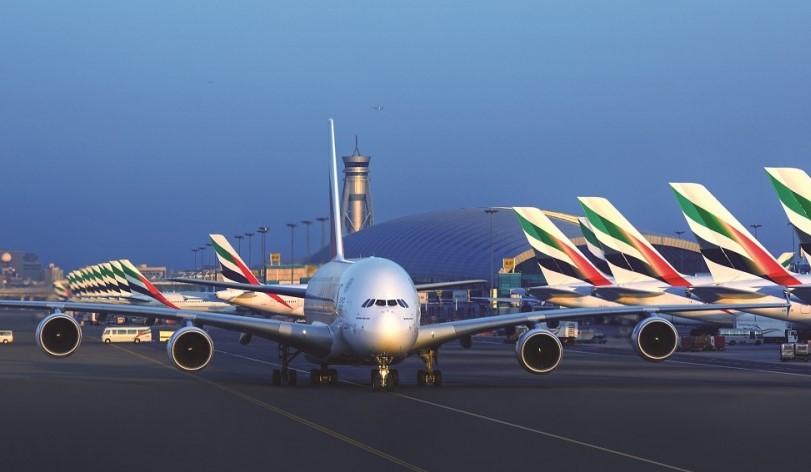Airbus could phase out A380 production.
28 December, 2017
3 min read
By joining our newsletter, you agree to our Privacy Policy


Airbus is ready to phase out production of its A380 superjumbo if it is unable to convince Emirates to order more of the double-decker planes, a report by Reuters claims.
The news agency quoted a person it said had been briefed on the plans and who said Airbus would start the process of ending A380 production if it failed to get the deal with Emirates.
It said two other sources backed the claim but neither Airbus nor Emirates would comment.
An Airbus spokesman told AirlineRatings: “"We do not comment on any manner of speculation especially while commercial campaigns are active and ongoing."
READ: Airbus A380 faces uncertainty as it marks 10 years in service.
Emirates is the world’s biggest customer for the A380 and president Tim Clark has been a vocal supporter of the aircraft.
The airline received its 100th A380 in early November and has been taking the plane at an average rate of 11 a year since its first was delivered in August, 2008. It currently has 142 on order.
The Gulf carrier had been tipped to announce a deal for up to 36 addiional A380s at the Dubai Airshow in November.
Instead, it announced a surprise commitment for 40 Boeing 787-10 Dreamliners and related equipment and Airbus officials returned to Toulouse empty-handed.
Emirates was seeking a commitment from Airbus that it would keep producing the A380, sales of which have flagged, for a minimum of 10 years.
Clark was confident in November that the assurances would come but there has been no sign of a deal so far.
Airbus has continued to argue that the growth of mega-cities and increasing congestion means there remains a market for the A380 to efficiently transport passengers between slot-constrained airports.
The aircraft gained some positive publicity last month when Singapore Airlines unveiled new A380 cabins and announced a $US850m upgrade for its superjumbo fleet.
This came after Airbus announced in July it was cutting production in 2019 to eight aircraft a year from an already reduced 12. Reports subsequently suggested that could go as low as six.
Industry analysts agree that the Emirates deal is crucial to the aircraft’s future as it battles the trend towards more fuel-efficient twin-engine aircraft such as the Airbus A350 family and Boeing’s 787s and redesigned 777s.
Separately, Tunisian authorities have suspended all Emirates flights after the airline prohibited female Tunisian passengers from boarding flights in the United Arab Emirates.
The move by the airline was reportedly sparked by fears of a terrorist attack.
Get the latest news and updates straight to your inbox
No spam, no hassle, no fuss, just airline news direct to you.
By joining our newsletter, you agree to our Privacy Policy
Find us on social media
Comments
No comments yet, be the first to write one.

